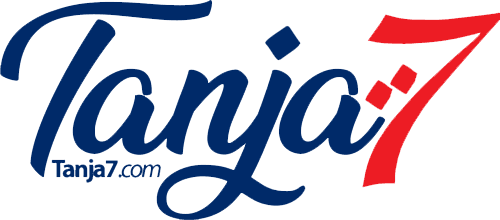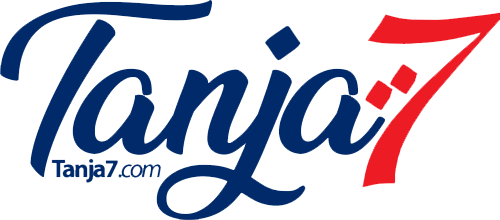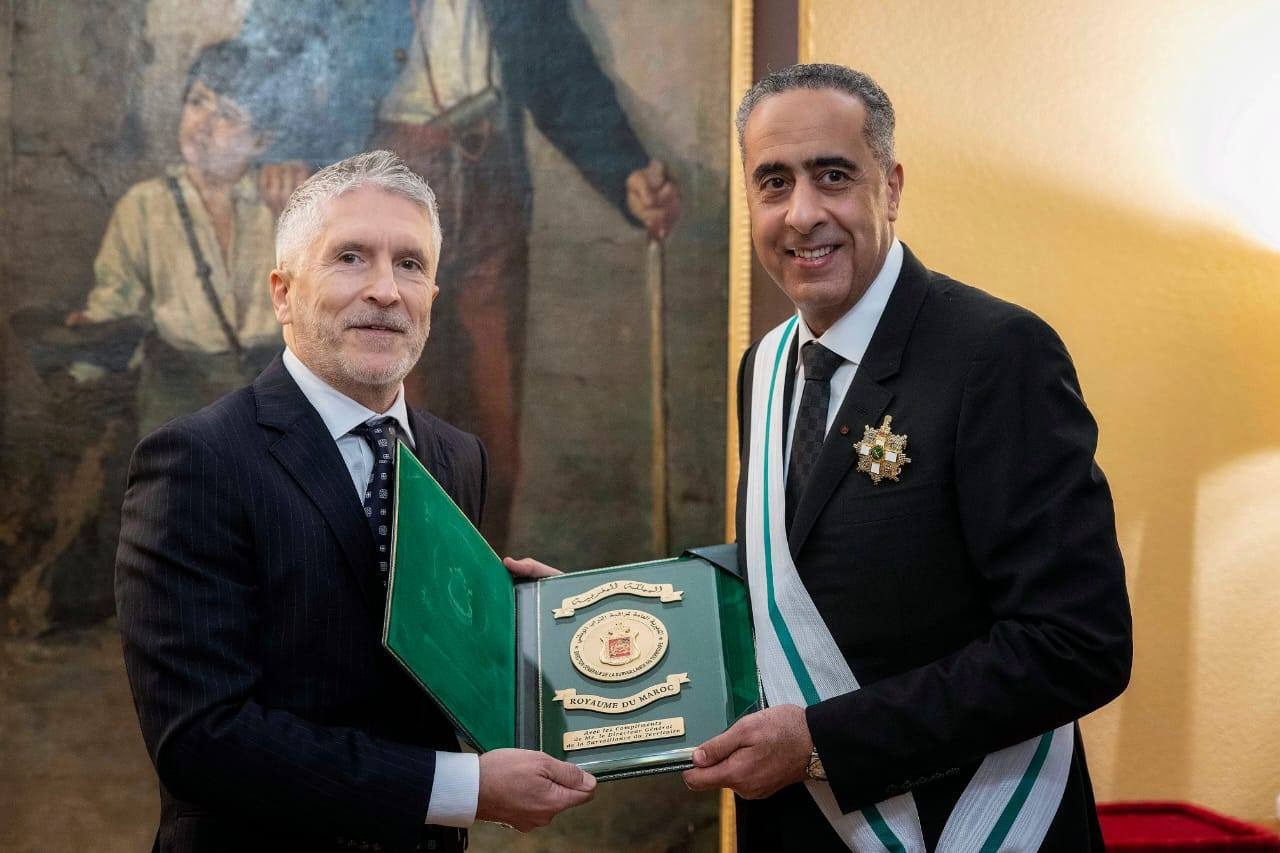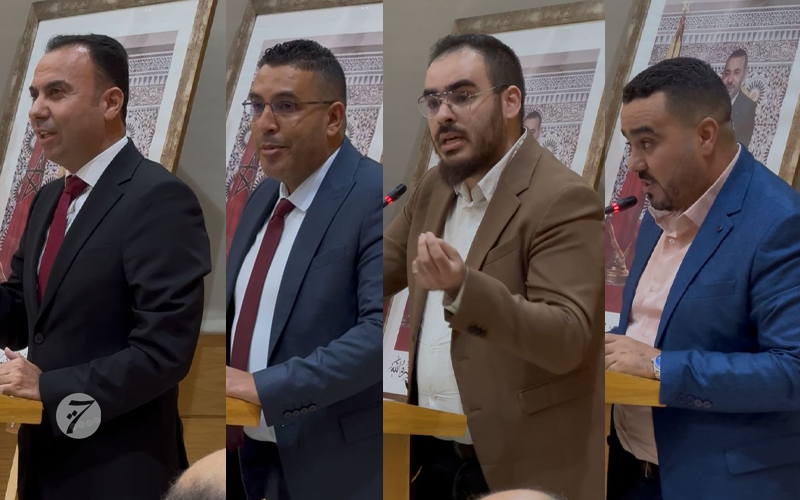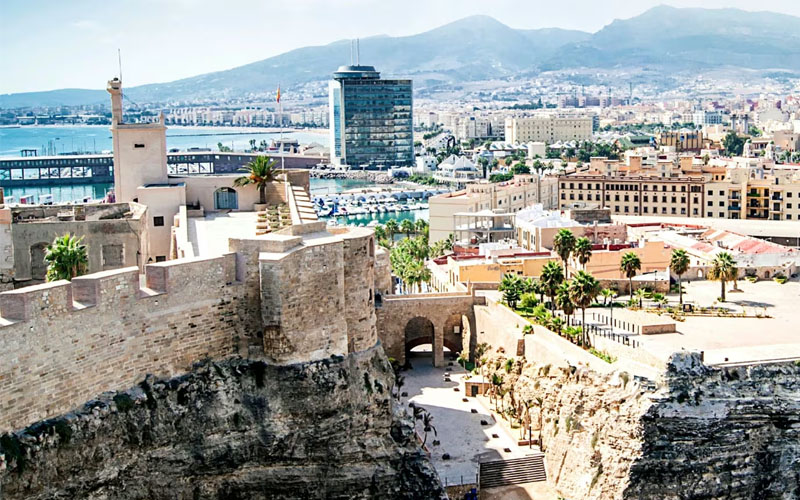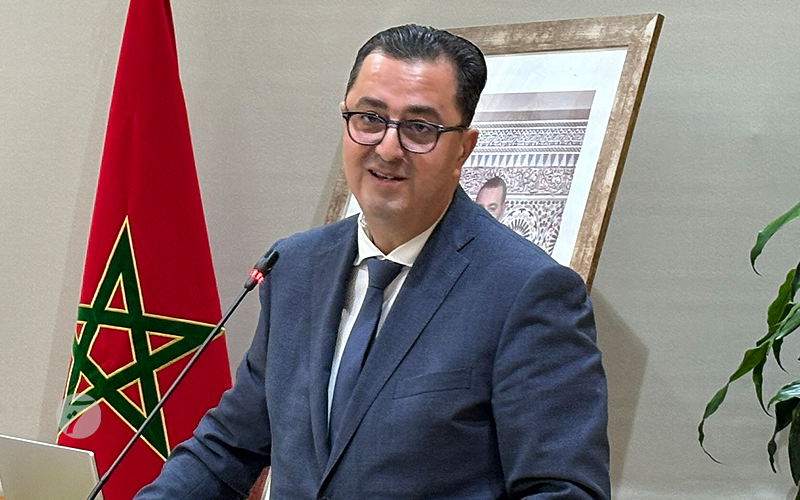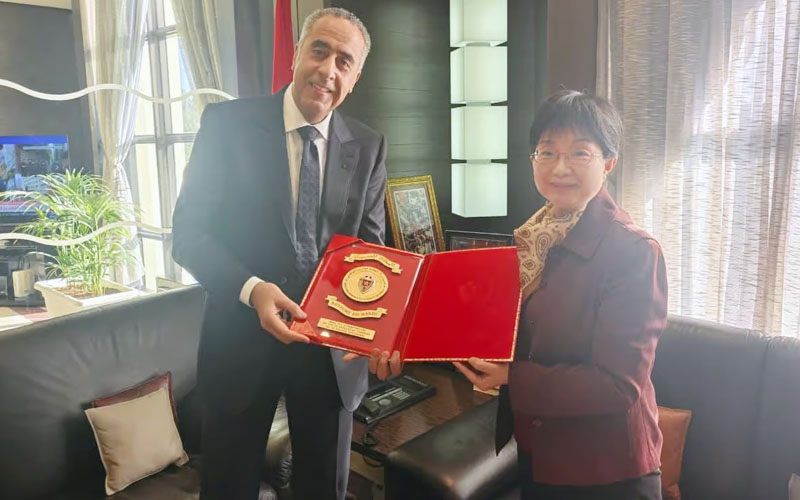On Friday, Morocco officially entered the era of 5G mobile communications, marking a strategic turning point in the country’s digital transformation journey.
The term 4G has been replaced by 5G, especially in major cities, as companies launched advertisements featuring Moroccan national team stars Achraf Hakimi, Brahim Diaz, and Yassine Bounou.
This launch follows the recent approval by the government council of three draft decrees regarding the granting of licenses for the establishment and operation of public communication networks using 5G technologies, presented by the Minister Delegate to the Head of Government in charge of Digital Transition and Administrative Reform.
According to Mustafa Baytas, Minister Delegate for Relations with Parliament and Government Spokesperson, during a press conference after the weekly council meeting, the first decree (No. 2.25.876) grants a license to “Maroc Telecom,” while the second decree (No. 2.25.877) pertains to “Meditel,” and the third decree (No. 2.25.878) licenses “Inwi.”
These licenses follow a competition launched by the National Agency for Regulation of Telecommunications (ANRT), as part of the application of Law No. 24.96 concerning postal and telecommunications services, after its amendment. The administrative committee approved the specifications on July 11, 2025.
### Preparation Stages: From Competition to Commercial Operation
The licensing process began in May 2025, with the government announcing plans to launch 5G in November of the same year as part of the “Digital Morocco 2030” vision. This vision aims to enhance digital governance, support innovation in artificial intelligence, and expand access to digital services for all citizens.
The cities covered in the first phase include Rabat, Kenitra, Casablanca, Tangier, Fes, Marrakech, and Agadir, along with their main airports. There are plans for gradual expansion to cover 45% of the population by the end of 2026 and 85% by 2030.
Estimates suggest this launch will attract investments ranging from $4 to $6 billion, initially focusing on major economic areas to support international events such as the Africa Cup of Nations 2025. The relevant minister confirmed in recent statements that investments associated with this project exceed 80 billion dirhams, with a commitment to extend coverage to rural and mountainous areas. Additionally, the new framework includes the preparation of digitization legislation, the launch of shared national digital platforms, and the development of responsible artificial intelligence.
### Features of the New Network: Speed and Innovation
The 5G technology provides internet speeds up to 10 gigabits per second, with a low latency of approximately one millisecond, enabling advanced applications such as smart cities, augmented reality, autonomous vehicles, and telehealth. In the Moroccan context, this is expected to contribute to a 1.5% annual growth in GDP and create thousands of jobs in technology and innovation sectors.
Source
